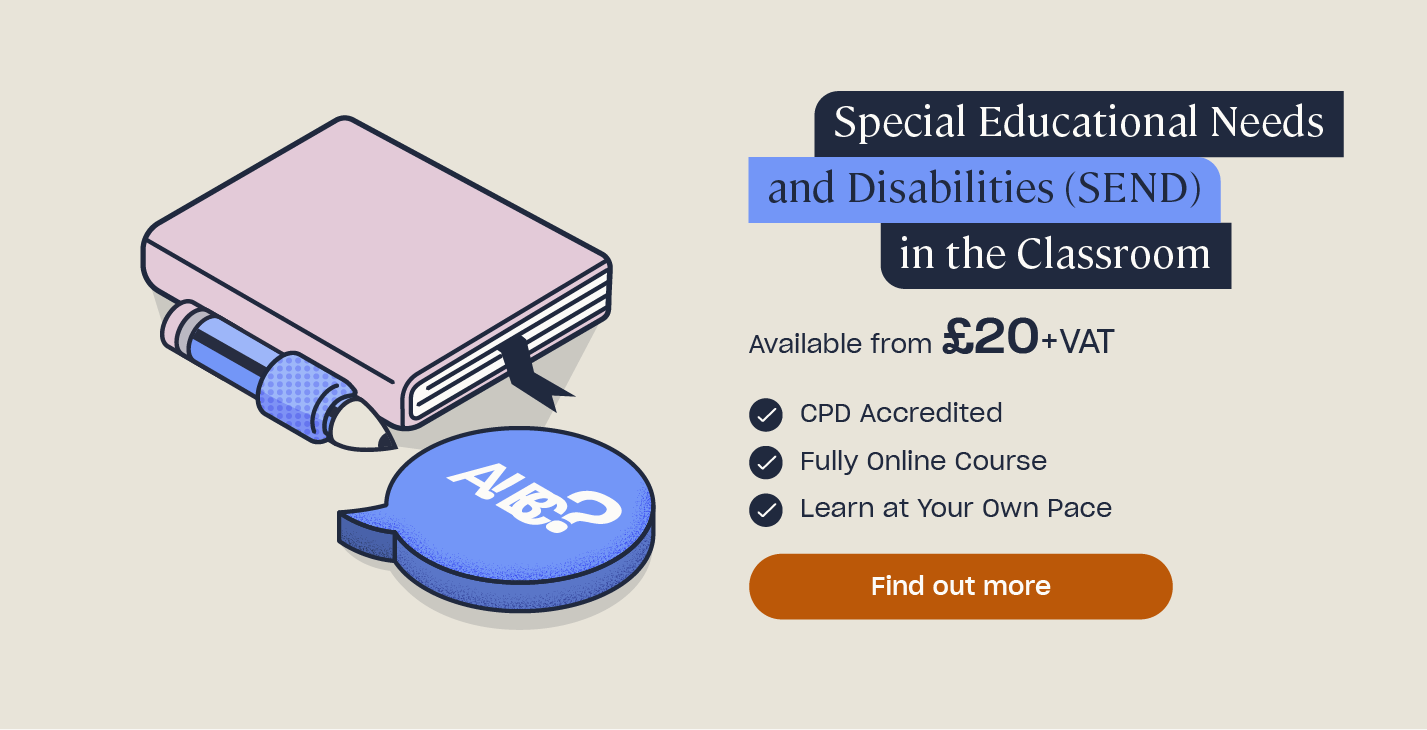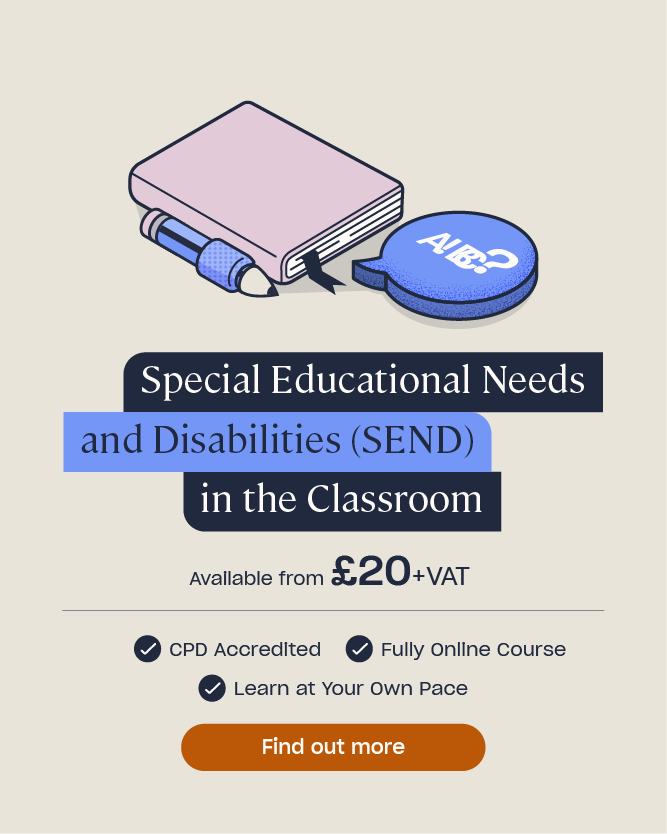Special Educational Needs & Disability (SEND) Quiz
Children with Special Educational Needs and/or Disabilities (SEND) should be given the same access to meaningful learning opportunities as their classmates. In order to effectively support children with SEND in your class(es), you need to feel confident in your knowledge of best practice in this area. Have a go at our SEND quiz to test your knowledge.
Which of the following statements is true?

All provision should be based on a holistic understanding of the individual child, their strengths, and their needs.
Every child on your SEN register will require targeted intervention. True or false?
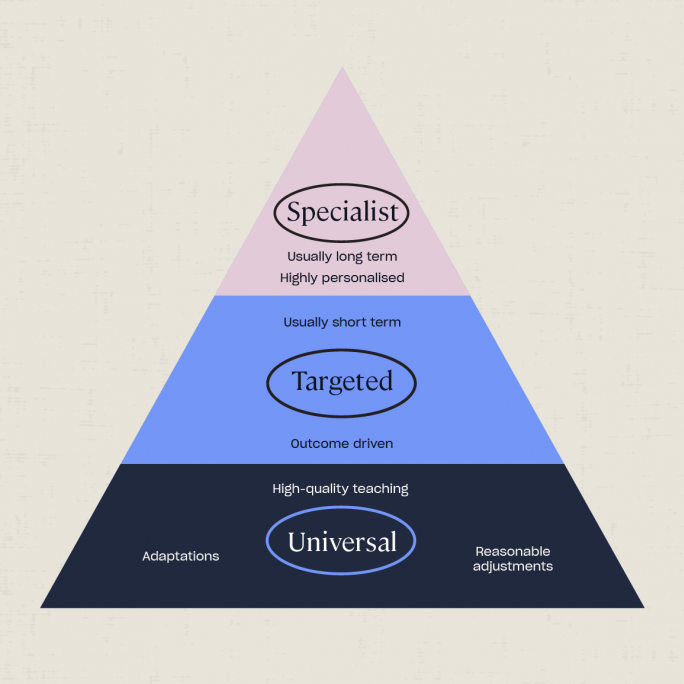
Not all children with SEND will need a targeted intervention. It is possible for children with SEND to access the curriculum through high-quality teaching alone.
The Code of Practice, 2015, recommends implementing a cycle of ‘assess, plan, do, review’ to help identify, and respond to children’s, individual needs - what is the name of this cycle?
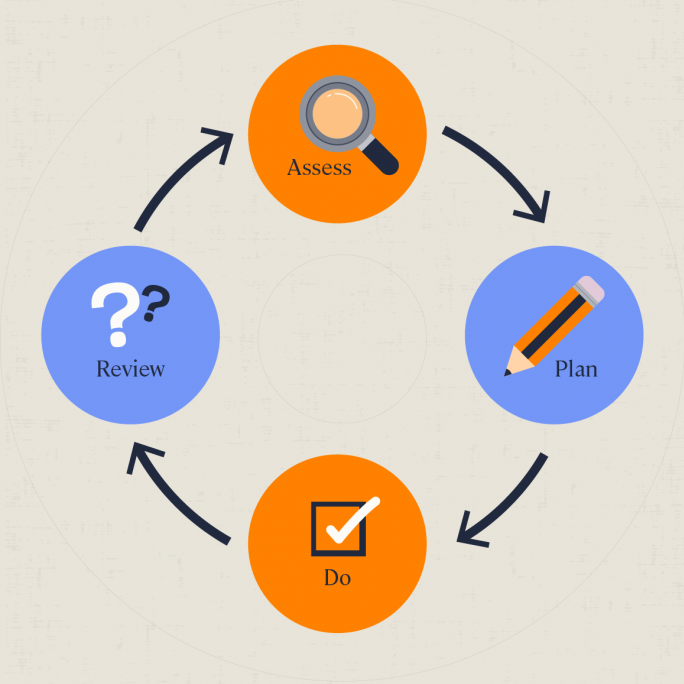
The Graduated Approach is the name of the continuous cycle of 'assess, plan, do, review' that should be applied in order to meet the needs of children with SEND.
Who is responsible for the learning and progress of children with SEND within the class?

The Code of Practice and the Teachers' Standards state that teachers are ultimately responsible for the learning and progress of all students, including children with SEND. This is true even if other adults are working with the child.
What does inclusive practice entail?

Inclusive practice means that learning environments are adjusted to suit an individual's needs and preference, so that they may access all opportunities.
50% of all mental health problems manifest by the age of 14. True or False?
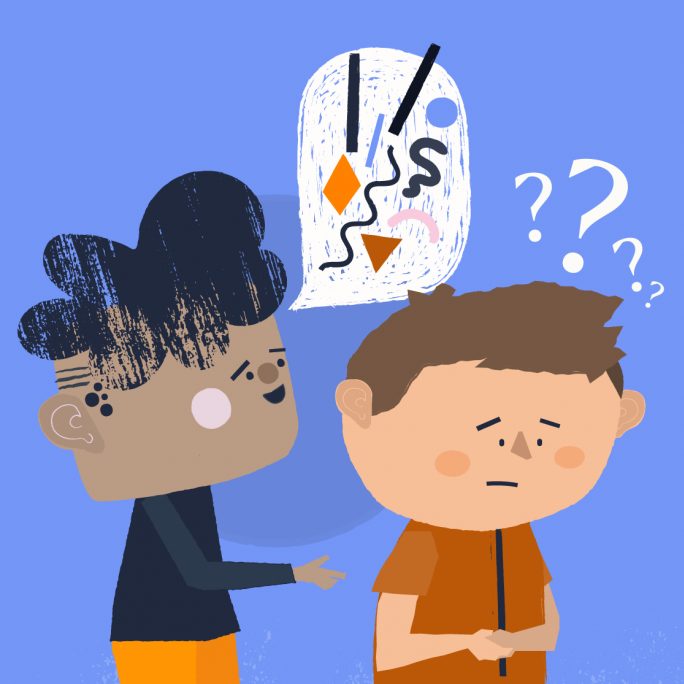
The World Health Organisation states that half of all mental health problems manifest by the age of 14.
Share your Results:
Further Resources:
- SEND in the Classroom Course
- What is the Graduated Approach?
- Effective Interventions in Education
- What are Specific Learning Difficulties (SpLDs)?
- The High Speed Training Podcast: SEND
- Summary of the SEND and Alternative Provision (AP) Improvement Plan
- What is SEND in Early Years?
- How to Become a SEN Teacher


